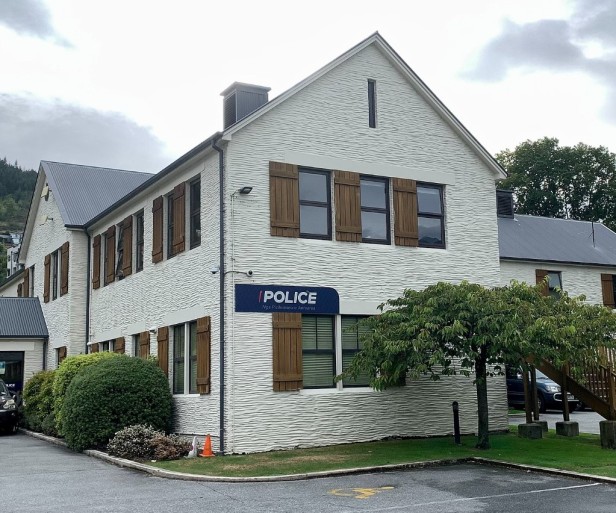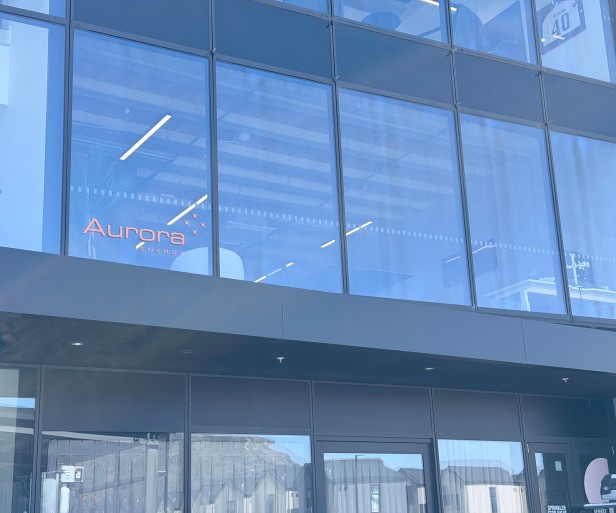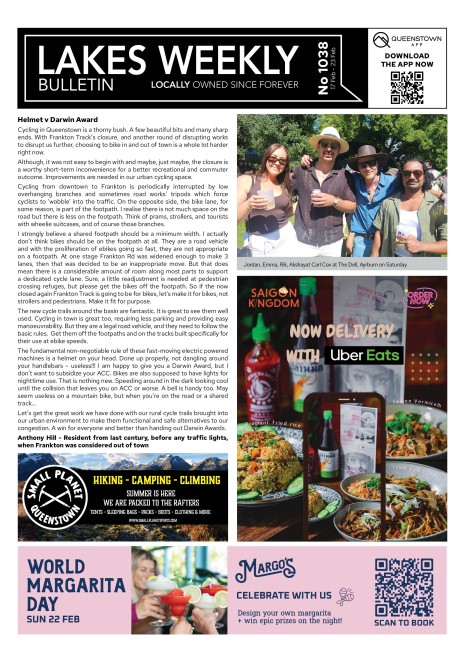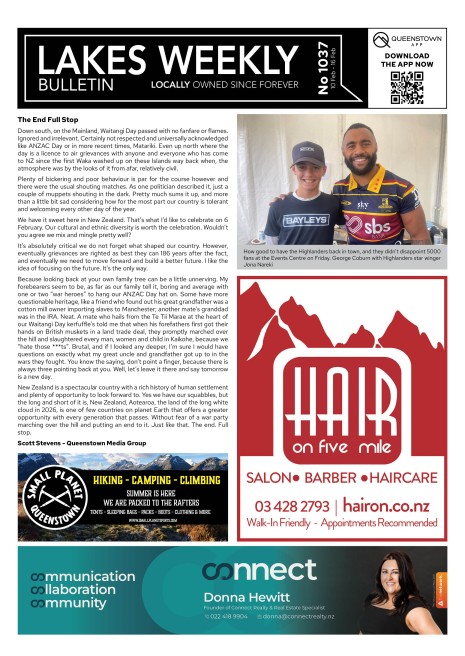Opinion: Deliver us from the temptation to sell our airport shares….
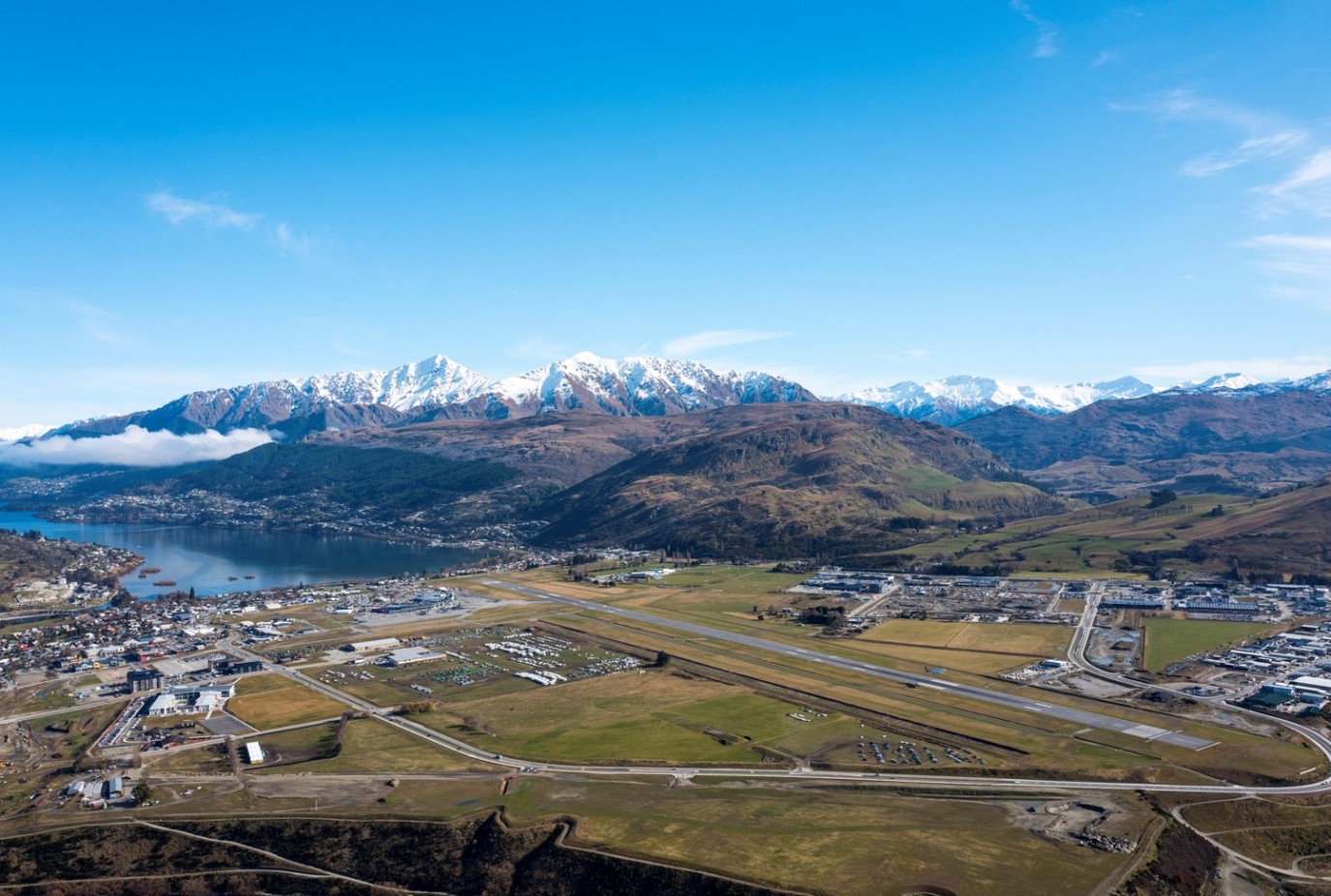
It seems fashionable for councils to look to selling their airport shares as a quick fix response to current serious debt problems. Wellington City Council is doing it, Auckland Council is doing it, and Christchurch City Council’s holdings company was preparing a business case for it until councillors shut that down late last year.
With major debt looming on Queenstown Lakes District Council’s budget horizon, that might be a temptation the executive leadership team could dangle in front of our councillors.
It would be a serious mistake, sacrificing long-term community control to short-term political expediency.
Because selling even 0.2% of our super-majority shareholding would nullify our ability to strategically control the airport and its operations for the long-term overall benefit of our community.
Christchurch is the only other of these councils with a super-majority shareholding, which is perhaps why councillors stood against board pressure to sell.
A 75% shareholding legally enables our councillors to instruct Queenstown Airport Corporation to meet council’s broader strategic objectives. And QAC must, by legal mandate as a Council Controlled Trading Organisation, comply.
To date, our councillors have chosen not to use this power. We have in the past questioned why not?
But the point is, they could if they had the desire AND political will to do so. This supermajority stake is their – and our community’s – only method of control over a board more interested in commercial growth than our community’s interests.
WCC, which has 34% ownership in Wellington International Airport, aims to dispose of it all and is expecting to net some $500 million on the open market to put into a Green Investment Fund. Details of this fund are minimal – including how it would be a guaranteed better investment than the profitable monopoly Wellington airport.
And while their minority stake doesn’t provide Wellington councillors with ultimate strategic control, it does give them veto power over major transactions. Such as if they were to want to block a proposed airport extension. WCC currently controls two of the six seats on the airport board, which also provides governance input.
They will lose both veto power and board seats – and therefore any semblance of governance control – with the airport share selldown.
After a bitter political struggle, a compromise last year saw Auckland Council sell just $833 million of its $2 billion-plus stake in Auckland Airport. Those who then favoured the full sale have now got their wish. The remaining shares, 11% of the company’s total, will be sold, with the funds to be put into a new Auckland Future Fund.
Mayor Wayne Brown’s Long Term Plan proposal was that the sale proceeds would be reinvested in diversified assets, so that this fund could make an annual payment to the council for future “service and infrastructure” needs.
The Auckland Council’s smaller shareholding gave them neither strategic control nor a board seat, so there was no governance imperative to hold on to the shares, and community submissions were in favour of the proposal.
Mayor Brown has proposed seeking Parliamentary legislation to ensure future councillors cannot raid the fund for short-term gain.
A good idea, because this is obviously one of the risks. A very tempting treasure trove to raid when rate hikes look too high for political survival.
There is also the risk of fluctuating investments, even if global and diversified, not meeting the “expected annual return” of 7.2%. Again meaning temptation to raid the capital fund, to keep up annual payments.
Last year’s compromise sale proved just a temporary pill for budget ills, cutting debt in the first nine months by only $235 million, as other borrowing made Auckland Council’s total debt creep back up.
So, what about Queenstown?
Huge capital spends like the arterial, Lakeview and Project Manawa – controversial projects often requiring a mayoral casting vote to push through the executive leadership team’s recommendations – are bringing QLDC’s upper debt ceiling ever closer. Add hundreds of millions of dollars in leaky building and three waters liability, and raiding the airport share larder could be tempting. If not this year, then next.
Queenstown Airport Corporation talks the big talk in supporting QLDC’s regenerative tourism destination management plan, despite its new Master Plan enabling 33% growth by 2032.
No one except We Love Whakatipu and a few other sceptical locals pointed out the inherent contradiction of the resultant multimillion dollar ZQN development spend versus QAC CEO Glen Sowry’s claim that they aren’t banking this on growth beyond 2032.
Planned growth would take ZQN to the edge of the air noise boundaries that QAC have committed to staying within until 2032. It doesn’t take a rocket scientist to predict they will start their PR moves to expand the ANB’s before then. A move that elicited vehement community opposition when they tried it on last time, in 2018.
It’s not just the noise, remember. It’s the environmental, community, infrastructural and social impacts. And the bigger, quieter planes being used in the interim mean that these many of these impacts will be much worse even within the existing ANB’s.
At least by retaining QLDC’s supermajority share, we have a hope of reining in QAC’s most aggressive growth plans. Who knows, a future council facing the inevitable call from QAC to expand ANB noise limits might be strong enough community representatives to say ‘no’. And have the political will to enforce it.
We would have no hope of any control at all if QLDC were to sell any of our QAC shares. Noise, congestion, environment, community cohesion, lifestyle – on every measure, selling our community’s airport shares would be fundamentally wrong.
Cath Gilmour
Chair
We Love Whakatipu Inc
- Republished with permission from the Protect Queenstown website


